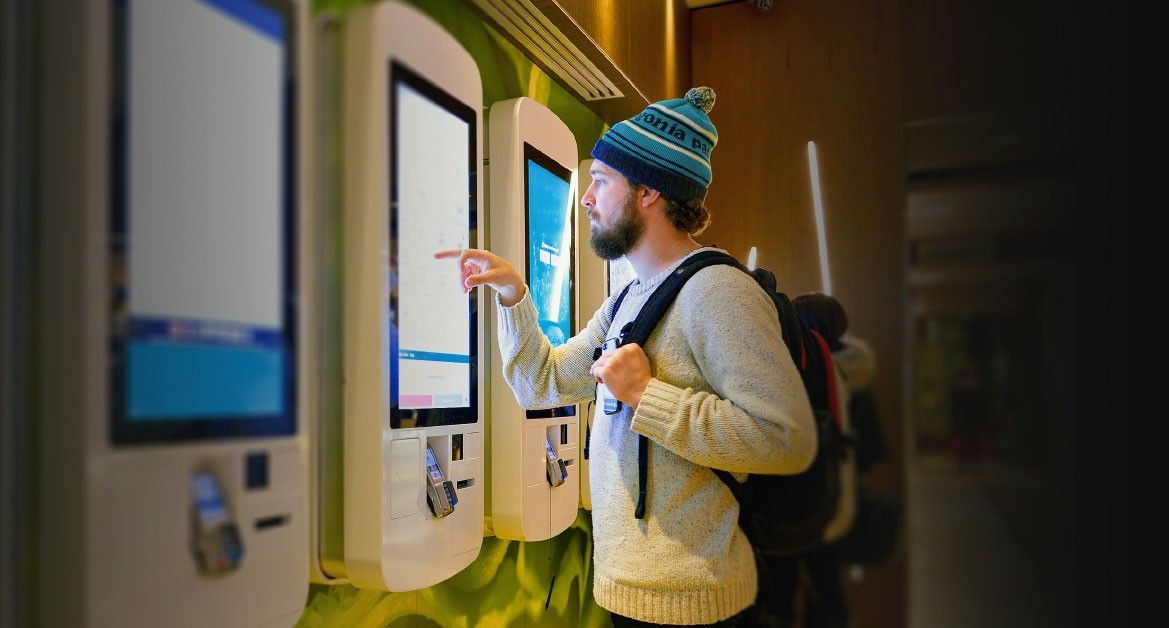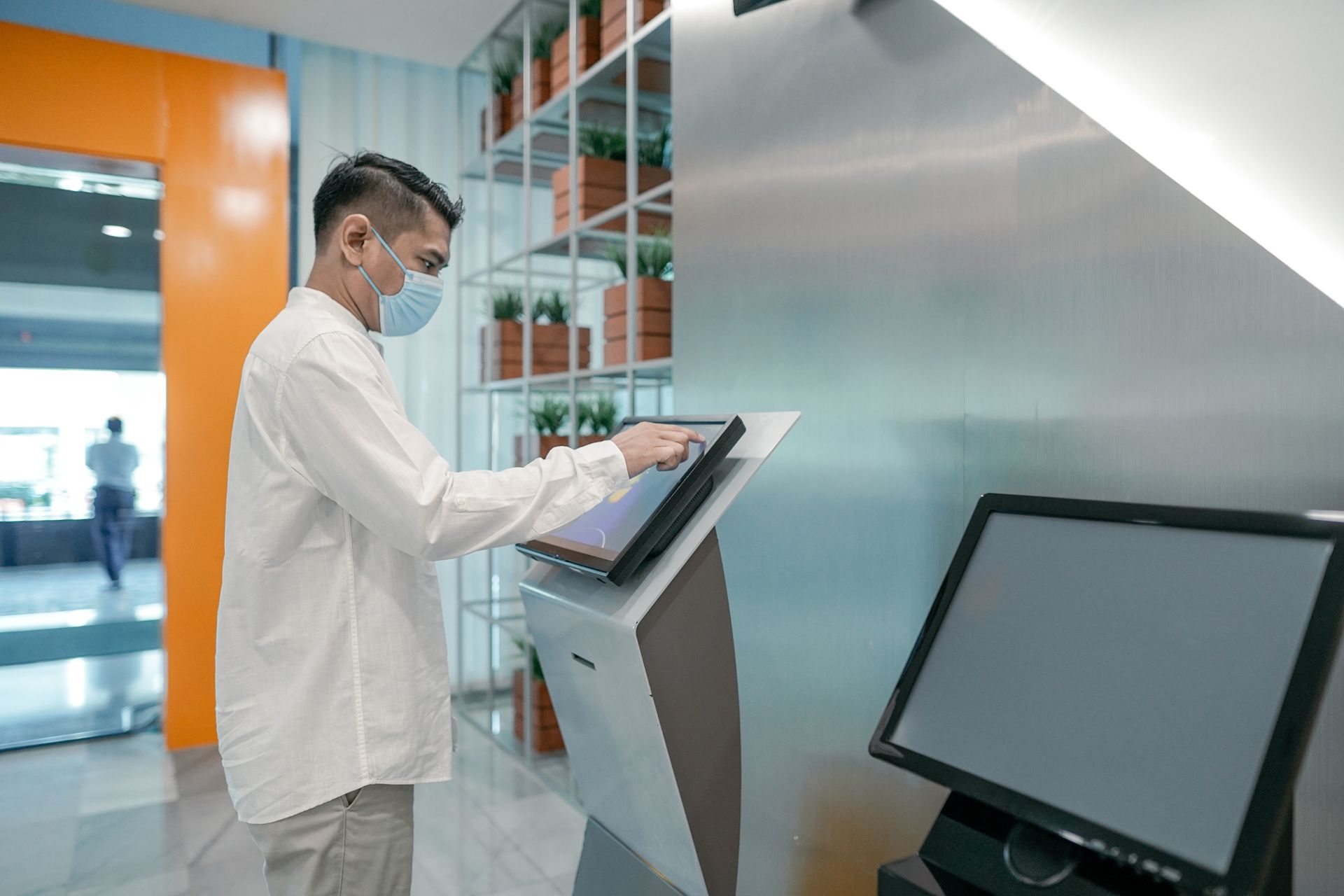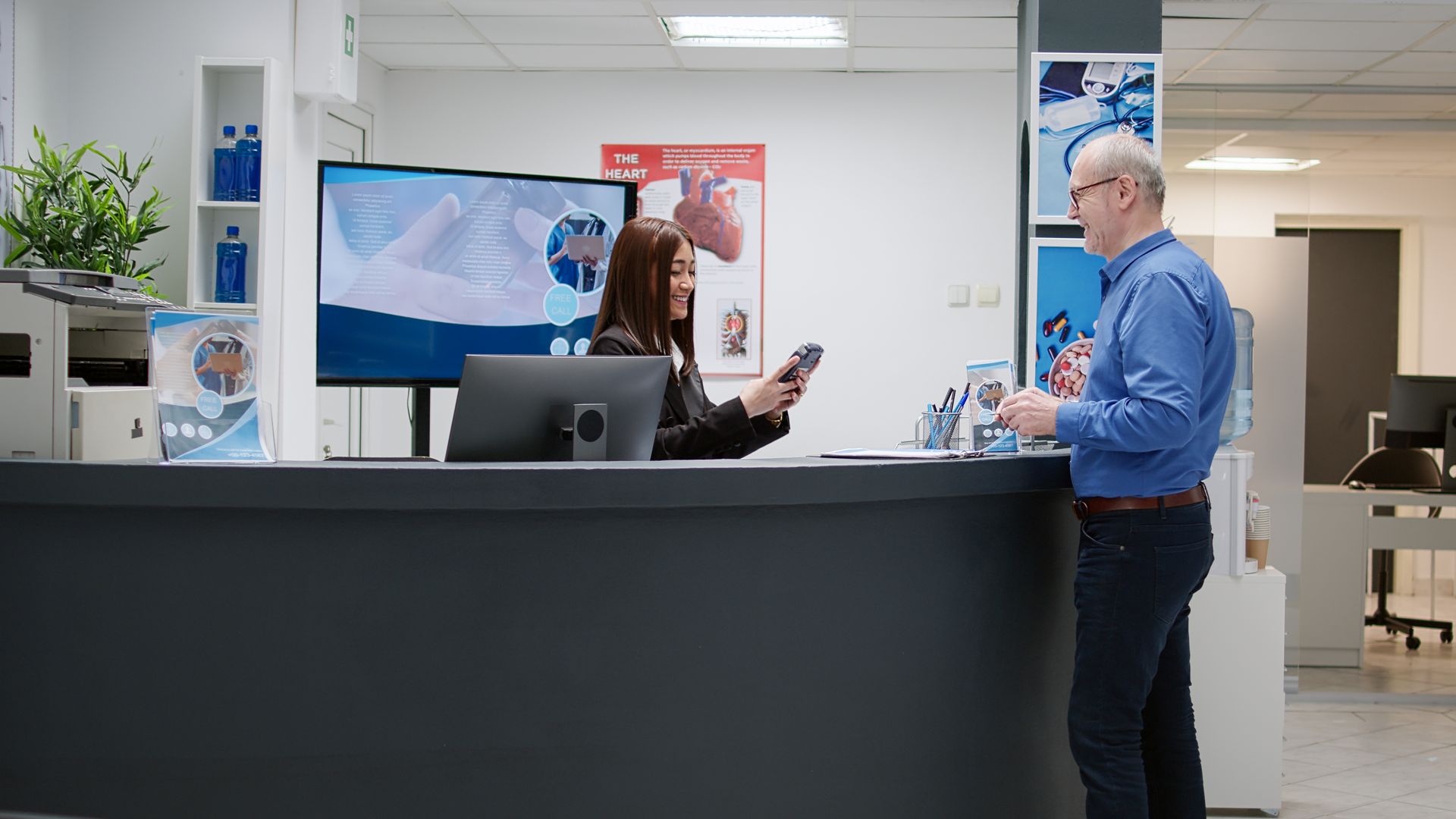The Future of Customer Interaction: Smart Self-Service Kiosks
The Future of Customer Interaction: Smart Self-Service Kiosks

In the fast-paced world of customer service, businesses are constantly seeking innovative solutions to enhance user experience and streamline operations. One such technological advancement making waves is the smart self-service kiosk. These kiosks are revolutionizing the way customers interact with businesses, providing a seamless, efficient, and personalized experience. In this comprehensive guide, we will explore the various facets of smart self-service kiosks, their benefits, and their impact on businesses, particularly in Saudi Arabia.
Understanding Smart Self-Service Kiosks
What Are Smart Self-Service Kiosks?
Smart self-service kiosks are advanced, interactive stations that allow users to perform a variety of tasks independently. These kiosks are equipped with cutting-edge technology, including touch screens, biometric scanners, and integrated software systems, to facilitate a range of services such as ticket booking, product purchasing, information retrieval, and more.
Key Features of Smart Self-Service Kiosks
- Touchscreen Interface: User-friendly and intuitive.
- Biometric Authentication: Enhances security and personalization.
- Multi-Language Support: Accommodates diverse user bases.
- Real-Time Data Processing: Ensures quick and accurate transactions.
- Cloud Integration: Facilitates data storage and accessibility.
Benefits of Smart Self-Service Kiosks
Enhanced Customer Experience
Smart self-service kiosks significantly improve the customer experience by reducing wait times and providing instant access to services. Users can quickly complete transactions or obtain information without the need for human assistance, leading to higher satisfaction rates.
Operational Efficiency
By automating routine tasks, smart kiosks allow businesses to allocate human resources to more critical functions. This not only boosts productivity but also reduces operational costs.
Data Collection and Analysis
These kiosks can gather valuable data on customer preferences and behaviors. Businesses can leverage this information to tailor their offerings and improve service delivery.
Scalability
Smart self-service kiosks are scalable solutions that can be easily integrated into various business environments, from retail stores and restaurants to airports and hospitals.
Employee Self-Service Kiosks: A Game Changer
What Are Employee Self-Service Kiosks?
Employee self-service kiosks are specialized terminals designed to streamline HR processes. Employees can use these kiosks to access personal information, manage work schedules, request leave, and more, without the need for direct HR intervention.
Advantages of Employee Self-Service Kiosks
- Improved Efficiency: Automates HR tasks, freeing up time for HR professionals.
- Accessibility: Provides employees with 24/7 access to their information.
- Accuracy: Reduces the chances of errors in HR processes.
- Employee Empowerment: Gives employees control over their data and transactions.
The Impact of Smart Self-Service Kiosks in Saudi Arabia
Technological Adoption in Saudi Arabia
Saudi Arabia has always been at the forefront of technological adoption. The implementation of smart self-service kiosks aligns with the country's vision of becoming a global leader in innovation and smart city initiatives.
Benefits for Businesses in Saudi Arabia
- Tourism: Enhances the experience for tourists by providing multilingual support and easy access to information.
- Retail: Boosts sales through efficient checkout processes and personalized recommendations.
Healthcare: Streamlines patient check-in and appointment scheduling.

Case Studies
Retail Sector
Several retail giants in Saudi Arabia have adopted smart self-service kiosks to enhance the shopping experience. These kiosks provide product information, process payments, and even offer personalized discounts based on customer data.
Hospitality Industry
In the hospitality sector, self-service kiosks facilitate quick check-ins and check-outs, room bookings, and concierge services, thereby elevating the guest experience.
Implementing Smart Self-Service Kiosks
Steps to Successful Implementation
- Needs Assessment: Identify the specific needs of your business and customers.
- Vendor Selection: Choose a reliable vendor with expertise in smart kiosk solutions.
- Customization: Ensure the kiosk software is tailored to your business requirements.
- Installation: Proper installation and integration with existing systems.
- Training: Provide training for staff and users to maximize kiosk utilization.
- Maintenance: Regular maintenance and updates to ensure smooth operation.
Challenges and Solutions
- Technical Issues: Regular maintenance and support services can mitigate technical problems.
- User Acceptance: Offering user-friendly interfaces and clear instructions can enhance user acceptance.
- Data Security: Implement robust security measures to protect sensitive data.
Future Trends in Smart Self-Service Kiosks
Artificial Intelligence and Machine Learning
Future kiosks will leverage AI and machine learning to provide even more personalized and efficient services. Predictive analytics can anticipate customer needs and preferences, further enhancing the user experience.
Integration with Mobile Devices
The integration of smart kiosks with mobile devices will offer users greater flexibility and convenience. For example, customers can start a transaction on their smartphone and complete it at a kiosk.
Expansion into New Sectors
As technology evolves, we can expect to see smart self-service kiosks being adopted in new sectors such as education, government services, and transportation.
Conclusion
Smart self-service kiosks are transforming the way businesses interact with customers and manage operations. By embracing this technology, businesses in Saudi Arabia can enhance customer satisfaction, improve efficiency, and gain a competitive edge. As we move towards a more digitized future, the role of smart kiosks will only continue to grow, offering endless possibilities for innovation and improvement.








